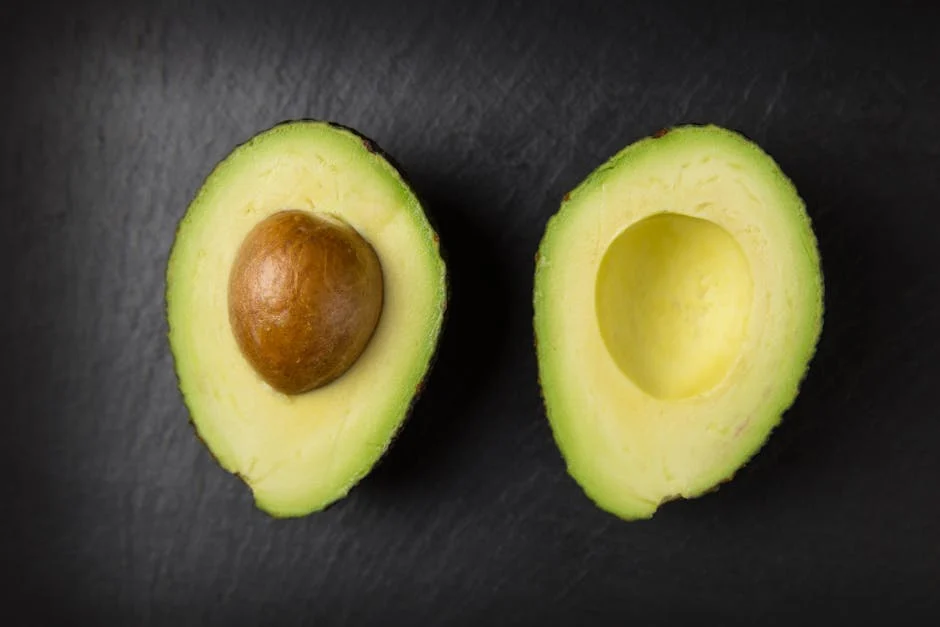Introduction
Chronic inflammation is a silent culprit behind many modern health issues, from arthritis and heart disease to autoimmune disorders. While conventional medicine offers various treatments, dietary strategies are gaining traction for their potential to manage and reduce inflammation. The Paleo diet, with its emphasis on whole, unprocessed foods, is one such approach worth exploring. This article delves into how the Paleo diet can combat inflammation and improve overall well-being.
Paleo Diet and Inflammation Reduction
What is the Paleo Diet?
The Paleo diet, also known as the “caveman diet,” centers around foods that our hunter-gatherer ancestors supposedly consumed. It excludes grains, legumes, dairy, and processed foods, focusing on:
- Lean meats and poultry
- Fish (especially fatty fish rich in omega-3s)
- Fruits and vegetables
- Nuts and seeds
- Healthy fats (like avocado oil, coconut oil, and olive oil)
How the Paleo Diet Fights Inflammation
The anti-inflammatory effects of the Paleo diet stem from several key factors:
- Elimination of Inflammatory Foods: The Paleo diet eliminates common culprits that trigger inflammation, such as:
- Grains (especially gluten-containing grains): Gluten can cause inflammation, particularly in individuals with celiac disease or gluten sensitivity.
- Legumes: Legumes contain lectins and phytic acid, which can interfere with nutrient absorption and contribute to inflammation in some people.
- Dairy: Dairy can be inflammatory for those with lactose intolerance or casein sensitivity.
- Processed Foods: These are often high in refined sugars, unhealthy fats, and artificial additives, all of which contribute to inflammation.
- Rich in Anti-Inflammatory Nutrients: The Paleo diet encourages consumption of foods naturally rich in anti-inflammatory compounds:
- Omega-3 Fatty Acids: Found in fatty fish like salmon, mackerel, and sardines, omega-3s help balance the omega-6 to omega-3 ratio, reducing inflammation.
- Antioxidants: Abundant in fruits and vegetables, antioxidants neutralize free radicals, which are unstable molecules that can damage cells and trigger inflammation. Specific examples include berries (rich in anthocyanins) and leafy greens (rich in vitamin E and other antioxidants).
- Healthy Fats: Avocado oil, olive oil, and coconut oil contain monounsaturated and saturated fats that support overall health without promoting inflammation when consumed in moderation.
- Supports Gut Health: By eliminating processed foods and emphasizing whole, nutrient-dense options, the Paleo diet can promote a healthy gut microbiome. A balanced gut microbiome is crucial for reducing inflammation and supporting immune function.
- Blood Sugar Regulation: The low-carbohydrate nature of many Paleo variations can help stabilize blood sugar levels. Spikes in blood sugar can trigger inflammatory responses in the body.
Scientific Evidence Supporting Paleo and Inflammation
While more research is needed, several studies suggest the potential benefits of the Paleo diet for reducing inflammation:
- Studies have shown that the Paleo diet can lead to improvements in markers of inflammation, such as C-reactive protein (CRP).
- Research indicates that the Paleo diet may improve blood sugar control and insulin sensitivity, which can indirectly reduce inflammation.
- Some studies have found that the Paleo diet can lead to weight loss, which is often associated with reduced inflammation.
Conclusion
The Paleo diet offers a promising approach to reducing inflammation by eliminating potentially inflammatory foods and emphasizing nutrient-rich, whole foods. While individual results may vary, the Paleo diet’s focus on fresh, unprocessed ingredients and its abundance of anti-inflammatory compounds make it a worthwhile consideration for those seeking to manage inflammation naturally. Always consult with a healthcare professional or registered dietitian before making significant dietary changes, especially if you have underlying health conditions.
